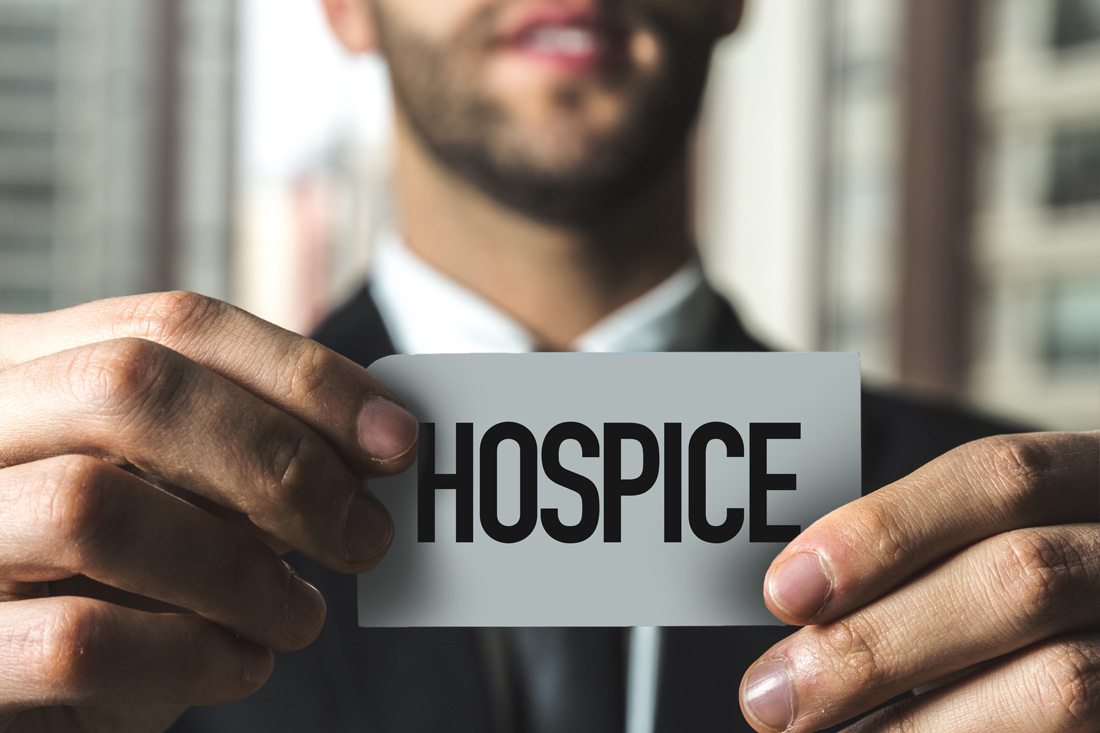
12 Jun Hospice and End-of-Life: Dispelling the Misnomer
While virtually everyone has heard of Hospice care, far fewer people fully understand exactly what hospice does. Of course, a big part of the Hospice mission involves easing the passing of terminally ill people who are facing impending death. For this reason, the general public often confuses a hospice referral with a death sentence.
This misperception can cause a lot of problems when it comes to caring for the terminally ill. The Financial Resource Center cites the father of Angela Esposito as just one example. “How do you tell your father…that he needs to go to hospice?” asks Ms. Esposito. “It sounds like you’ve given up. It sounds like you’re saying ‘You’re dying, so let’s put you in hospice so you can die.’”
Although it suffers from a number of untrue myths and bad PR, today’s hospice is extremely comprehensive and diverse. Here are just a few things to keep in mind when considering hospice care.
Patients Don’t Have to Be at the End of Life to Benefit from Hospice Care
Hospice is far from a fast track to death. In fact, a 2007 study in the Journal of Pain and Symptom Management reported that hospice patients live an average of 29 days longer than similar patients who did not receive hospice care.
As the industry authority, HospiceDirectory points out patients need not be bedridden in order to qualify for hospice care. In realty, eligible patients can begin to benefit from hospice services in the direct wake of any terminal prognosis, regardless of specific physical condition.
Hospice Isn’t Just for the Sick
HospiceDirectory goes on to promote hospice’s commitment to improving overall quality of life, not only for terminally ill patients, but for everyone who surrounds them. Every quality hospice care facility knows that the involvement of friends and family members is an absolutely essential component of effective treatment and care. That’s why, in addition to looking after terminally ill patients directly, hospice serves caregivers by training them in basic support functions and educating them about the intricacies of terminal care. Friends and family members can also access counseling to prepare them for the many losses they will face as illness progresses and bereavement care to help them cope with postmortem grief.
But before hospice can assist patients, caregivers, loved ones, or any other people who have been affected by a terminal illness, an official request for care must be made. Contact us or view our locations if you would like to learn more about hospice care for your loved one.



